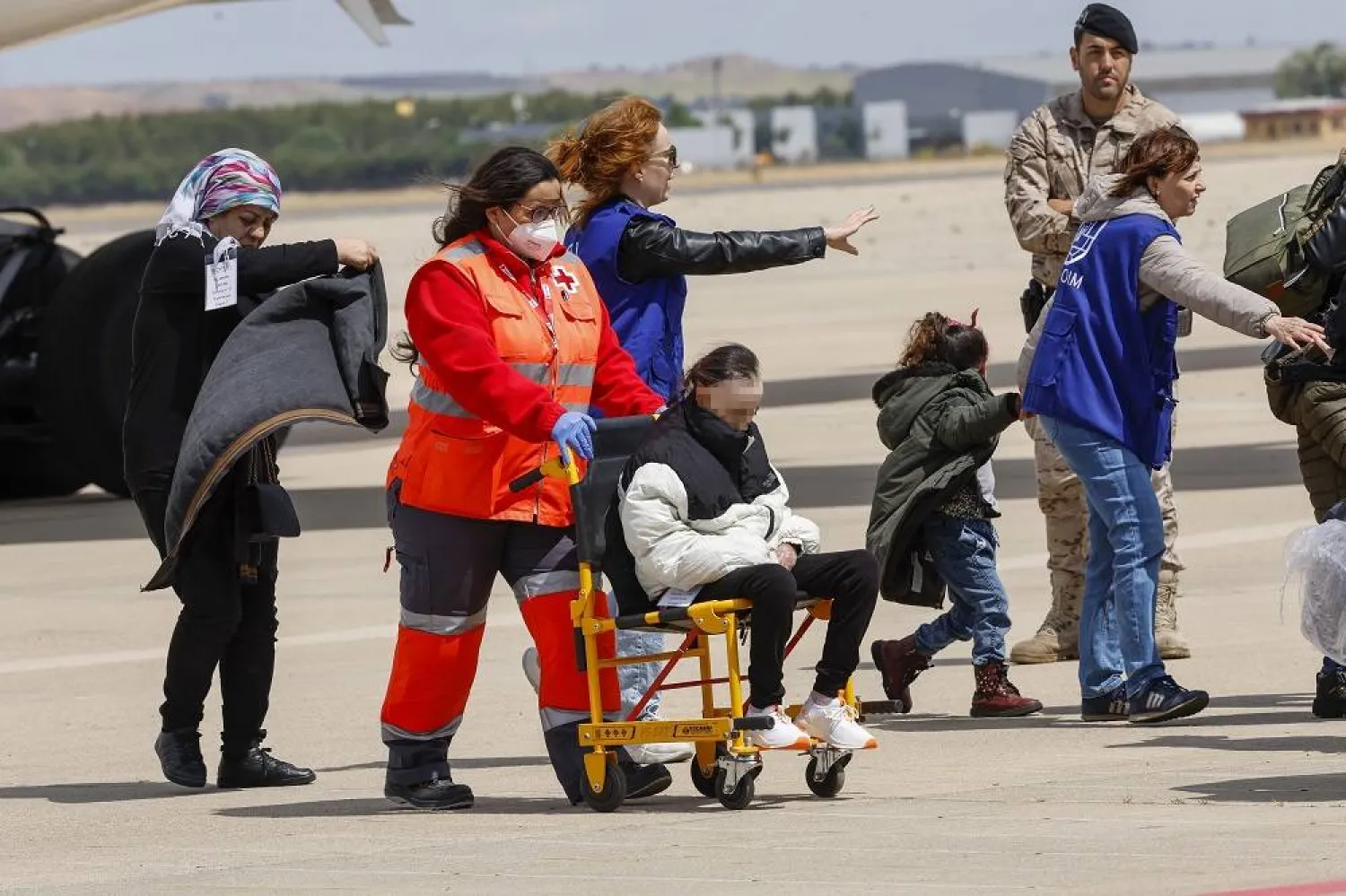Turkish Foreign Minister Mevlut Cavusoglu ruled out the return of all Syrian refugees to their country, even if Ankara normalizes relations with Damascus, citing Türkiye's need for manpower in certain sectors, especially the agricultural and industrial sectors.
Cavusoglu said it wouldn't be accurate to claim that Türkiye will return all Syrians to the country.
"Türkiye currently needs laborers in sectors like agriculture, industry, and retail."
Hundreds of thousands of Syrians work in many sectors in Türkiye at less than the minimum wage without additional costs such as social and health insurance.
Many factory and business owners have opposed the Syrians' departure because they are a less expensive alternative for the Turks.
Syrian businessmen contributed to revitalizing the economy of some Turkish regions, especially border states, such as Gaziantep, where they established factories and workshops.
Cavusoglu said in a televised interview that Türkiye had taken the necessary measures on its borders with Syria and Iran and that the immigration problem could not be solved by "hate speeches or populism."
"Around 550,000 Syrians have returned to their country, which is not enough," he explained.
"More of them must return. We have entered into a dialogue with the Damascus regime in this regard and decided to establish the infrastructure for this return."
More Syrians must be returned to the safe areas and areas under Assad's control, added Cavusoglu.
"We are determined to send (Syrians) back, but we need to do it honorably," he stressed.
"We are developing a roadmap that also includes reviving the political process, cleansing Syria from terrorism, and ensuring the safe return of refugees. Syrians do not want to return to areas where terrorism exists, such as areas controlled by the Kurdistan Workers' Party (PKK)," said the official.
Türkiye is heading for a decisive runoff vote on Sunday after President Recep Tayyip Erdogan could not win the presidential race in the first round. He will face the leader of the main opposition CHP, Kemal Kilicdaroglu, in the runoff.
Ahead of the runoff, Kilicdaroglu stated that Türkiye would deport 10 million refugees and immigrants immediately if he wins the polls.
He had adopted a less harsh tone before the first round of the elections, saying the Syrians would be returned to their country within two years through negotiations with the Syrian government, European Union, and United Nations to ensure their voluntary and safe return.
Studies have indicated that 75 percent of Turkish people oppose the presence of refugees and foreigners in the country.
Erdogan and Kilicdaroglu have exploited the Syrian refugee file throughout their electoral campaigns.
Erdogan spoke a few days ago about the return of more than a million refugees to the areas controlled by Türkiye and its allied factions of the Syrian National Army (SNA) in northern Syria.









